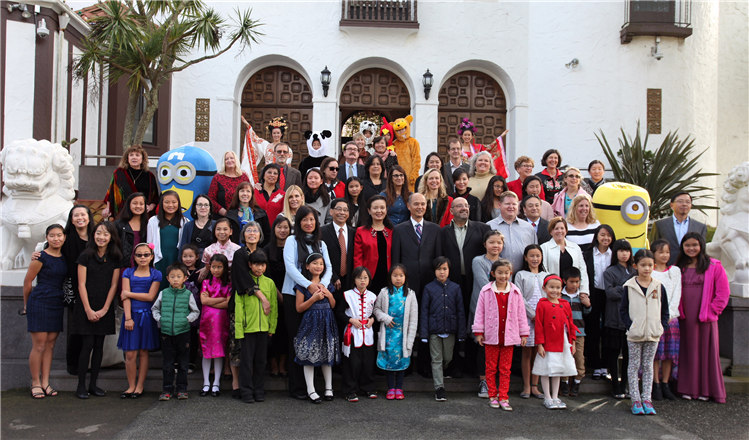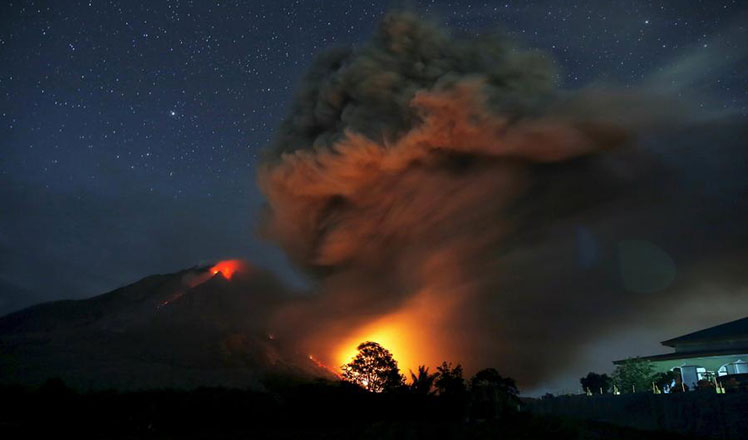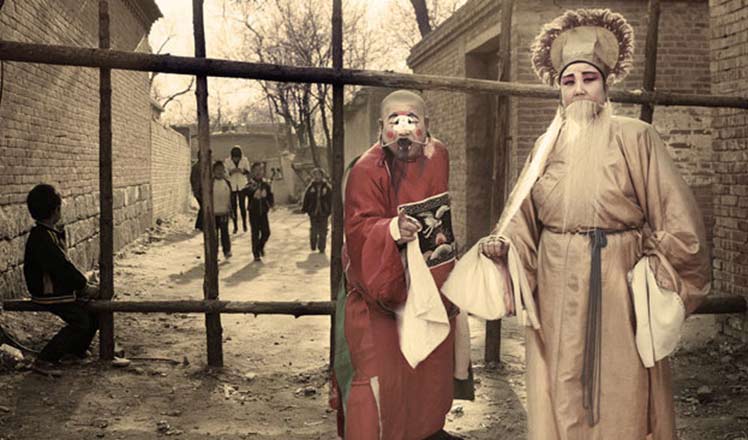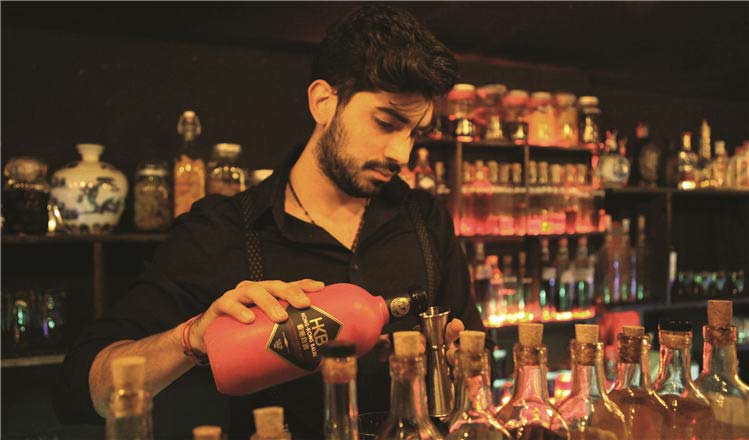Chinese 'ambassadors' shine spotlight on bloody ivory trade
Updated: 2015-12-08 07:46
By Chen Liang(China Daily)
|
||||||||
First person: An emotional journey into the heart of darkness
As a journalist, I always try to keep an emotional distance with my sources and interviewees. During my recent trip to Kenya with members of the International Fund for Animal Welfare's China-Africa Wildlife Ambassadors initiative, I found maintaining that distance was difficult at times, especially because my focus was not on humans, but an amazing animal-the African elephant.
Early one morning, we spoke with some of the officials responsible for wildlife protection, who presented us with dry facts and figures about the plight of the world's largest land animal as a result of the illegal trade in ivory.
By noon, we were at an "orphanage" for elephant calves in Nairobi, watching dozens of them chase their human nurses for milk and interact with the visitors, unaware that that their situation was the work of human poachers who killed their parents for their tusks. Faced with these adorable animals, it's easy to become emotional.
Another day, we visited the Kenya Wildlife Service's fortified underground storehouse, where the country's stock of illegal ivory is held. The piles of tusks, each one bearing information indicating the date and location it was poached, and weight and length, were truly, horribly impressive.
"The thing that has made the biggest impression on me here is the smell, the bloody smell that fills the rooms," said Zhang Yue, a wildlife ambassador and popular anchor on China Central Television. Her feelings echoed my own.
In the evening of the same day, we met Huang Hongxiang, a Chinese national who has lived in Nairobi for two years. In August, posing as an ivory dealer from Hong Kong, the 28-year-old wore a concealed camera supp-lied by Austrian documentary maker Richard Lakini to shoot secret footage of poachers and the illegal trade in Uganda, East Africa.
It was hard to believe that this rather timid man, who looked like a fresh-faced graduate, had fooled hardened poachers. "You don't look like a cunning businessman. How could the poachers trust you?" I asked.
"Well, they don't know any Chinese who won't buy products made from elephant ivory," he said. "If you are Chinese, they trust you," Huang replied.
It's certainly not easy to control one's emotions when faced with an answer like that.
- Pangolin scales, ivory smuggled under frozen fish
- 600kg of illegal ivory busted in East China
- Will Washington state join other states cracking down on ivory trade?
- Green group urges ivory trade ban
- Prince William takes to CCTV to call for ban on ivory trade
- Import ban targets legal ivory trade
- Ivory imports from trophy hunting banned

 Families thanked for opening homes
Families thanked for opening homes
 The world in photos: November 30 - December 6
The world in photos: November 30 - December 6
 Riding with Santa Claus around the world
Riding with Santa Claus around the world
 Reuters images of the year - the natural world
Reuters images of the year - the natural world
 Breathtaking views of Pluto from NASA
Breathtaking views of Pluto from NASA
 Camera reveals style, beauty and grace of folk opera
Camera reveals style, beauty and grace of folk opera
 Can Chinese ‘white lightning’ make it in US?
Can Chinese ‘white lightning’ make it in US?
 Gunmen go on a killing spree in Southern California
Gunmen go on a killing spree in Southern California
Most Viewed
Editor's Picks

|

|

|

|

|

|
Today's Top News
Shooting rampage at US social services agency leaves 14 dead
Chinese bargain hunters are changing the retail game
Chinese president arrives in Turkey for G20 summit
Islamic State claims responsibility for Paris attacks
Obama, Netanyahu at White House seek to mend US-Israel ties
China, not Canada, is top US trade partner
Tu first Chinese to win Nobel Prize in Medicine
Huntsman says Sino-US relationship needs common goals
US Weekly

|

|







